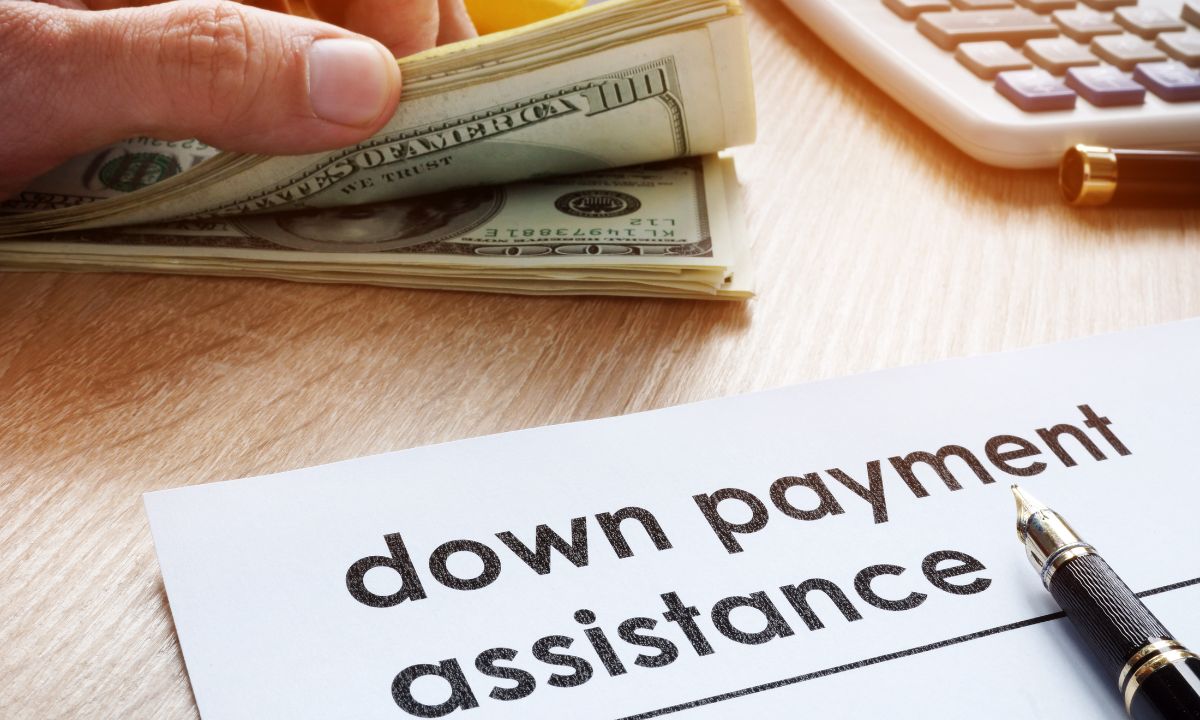 When it comes to purchasing a new home, tapping into your retirement savings can seem like a quick fix. However, this decision can have long-term repercussions on your financial future. Instead of withdrawing from your retirement, consider these smarter financial strategies to fund your home purchase.
When it comes to purchasing a new home, tapping into your retirement savings can seem like a quick fix. However, this decision can have long-term repercussions on your financial future. Instead of withdrawing from your retirement, consider these smarter financial strategies to fund your home purchase.
1. Explore Down Payment Assistance Programs
First and foremost, investigate local and federal down payment assistance programs. These programs can significantly reduce the amount of money you need upfront. They often offer grants or low-interest loans, which can make homeownership more accessible without compromising your retirement savings.
2. Utilize Your Home Equity
If you already own a home, tapping into your home equity can be a viable option. Home equity loans or lines of credit (HELOCs) can provide the necessary funds for your new home purchase. This way, you leverage the value of your existing property rather than depleting your retirement funds.
3. Consider a Mortgage with a Lower Down Payment
Many lenders offer mortgage options that require a lower down payment. While a 20% down payment is ideal to avoid private mortgage insurance (PMI), there are loans available with as little as 3% down. This reduces the initial cash outlay and preserves your retirement savings.
4. Borrow from Your 401(k) Instead of Withdrawing
If you must use your retirement funds, borrowing from your 401(k) might be a better option than withdrawing. When you take a loan from your 401(k), you pay yourself back with interest. This approach can be less detrimental to your retirement savings compared to taking a direct withdrawal, which could incur taxes and penalties.
5. Increase Your Savings with a Side Hustle
Boosting your income with a side hustle can help you save more for your down payment. Whether it’s freelancing, part-time work, or turning a hobby into a business, the extra income can accumulate quickly, reducing the need to dip into your retirement funds.
6. Opt for a Gift from Family
Another alternative is receiving a monetary gift from family members. Many families are willing to help with a significant purchase like a home. Ensure that you document the gift properly, as lenders often require proof that the money is a gift and not a loan.
7. Re-evaluate Your Budget
Take a close look at your current budget. By cutting unnecessary expenses and reallocating funds, you might find extra cash to put toward your home purchase. Simple changes, like reducing dining out or canceling unused subscriptions, can add up over time.
While withdrawing from your retirement savings may seem tempting, it can jeopardize your long-term financial security. By exploring these alternatives, you can make a sound financial decision that supports both your immediate home-buying goals and your future retirement plans.

